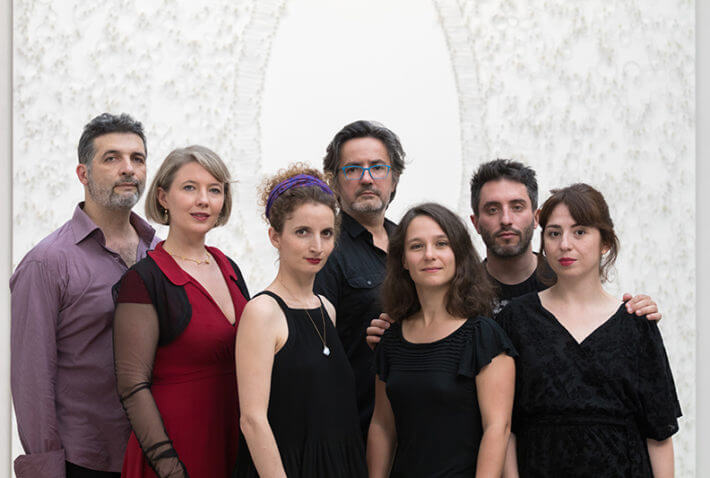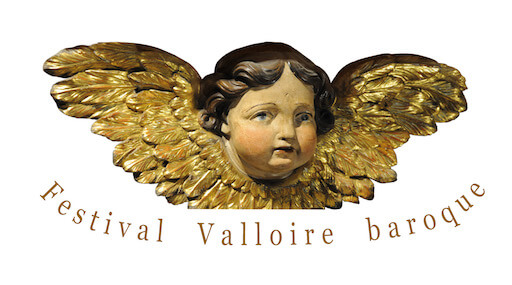Faenza
Thursday July 25th - 9 pm / Church of Valloire
A fabulous bestiary after Jean de La Fontaine
by Faenza, direction Marco Horvat

Animals are discreet, nevertheless very present in French music of the 17th and 18th centuries. The fun will be to follow their tracks all along a musical safari designed to flush them out where they hide best: in serious airs, airs à boire, and early French cantatas.
Countless are the sheep of the shepherdesses and shepherds in our pastoral airs, so are the birds, the donkeys or the dogs, whether shepherds or hunters.
There are also cats, bees, butterflies, as well as wild beasts: lions, tigers, bears and snakes.
For the musical part of this programme, we will be drawing heavily on the charming repertoire of fables set to music and published in the 1730’s under the title Fables choisies dans le goût de M. de La Fontaine.
Faenza
Founded in 1996, the ensemble Faenza explores the music of the Ancien Régime, endeavouring to capture in it more of its spirit than its letter, in a process of reinvention rather than reconstruction. To this end, the ensemble analyses the relationship between spoken text and sung text, but also and above all the relationship that may build between an audience and performers. Indeed, the formal frame of the traditional concert is hardly suited to repertoires conceived within and for convivial circles, of which the practice has been lost, if not the trace. The challenge then is to reinvent conditions of performance that take into account both the original context of the creations and the audience for which they are performed.
The questioning has brought about interactive concert formats within which the performers connect with the audience through acting, storytelling, poetry or the pleasures of the table, relying on devices that reduce the physical distance between performers and audience. This is why Faenza brings together musicians whose flexibility allows them to move from instrument to song, from song to speech and as easily interact with the audience. Thanks to these many-talented artists as well as a continued dialogue with researchers, the ensemble is able to carry out work that gives pride of place to texts, music and practices that deserve to be rediscovered.
Marco Horvat
Marco Horvat has a singular approach to Early music: after he spent four years studying the music of South India with the singer Aruna Sairam, he studied the music of the Middle Ages and the Renaissance at the Schola Cantorum in Basel. He has performed with such ensembles as Gilles Binchois, Alla Francesca, La Simphonie du Marais, XVIII-21, Akademia, La Grande Ecurie et la Chambre du Roy, Le Poème Harmonique, Artaserse…
Marco Horvat is one of the very few pionneers of self-accompanied singing. Convinced that this historical practice – nearly forgotten today – is indispensable to approach some pieces of 17th-century music, he has brought together within the Faenza ensemble performers who have mastered this practice.
Programme
Fables set to music from “Fables choisies dans le goût de M. de La Fontaine”.
Distribution
Marco Horvat, artistic direction, vocals, archlute, guitar and vielle
Olga Pitarch, vocals
Patrick Wibart, serpent
Hermine Martin, recorder and musette
Françoise Enock, bass viol and colascione
Ayumi Nakagawa, harpsichord
Co-production : Equinoxe – Scène nationale de Chateauroux, Théâtre Louis Jouvet de Rethel, Théâtre du Château d’Eu, Château de Valençay, CIM Conservatoire intercommunal de Meuse Grand Sud.
Faenza is supported by the Région Grand Est and by the Ministère de la Culture et de la Communication DRAC Grand Est.
